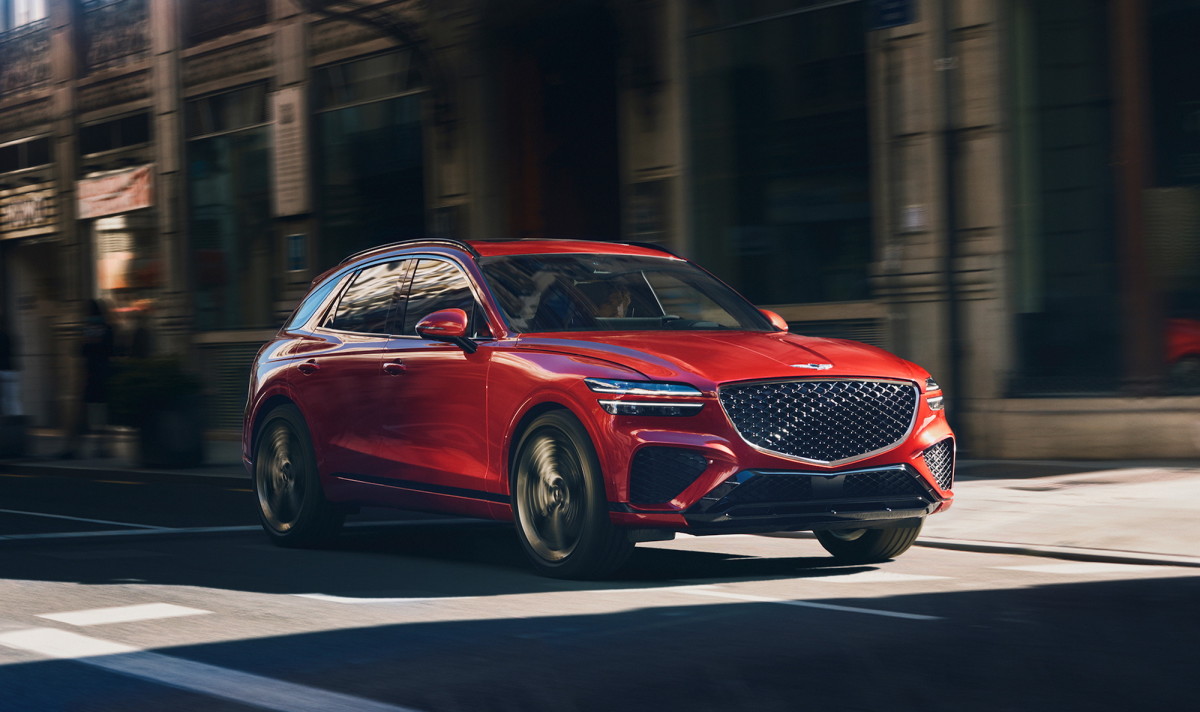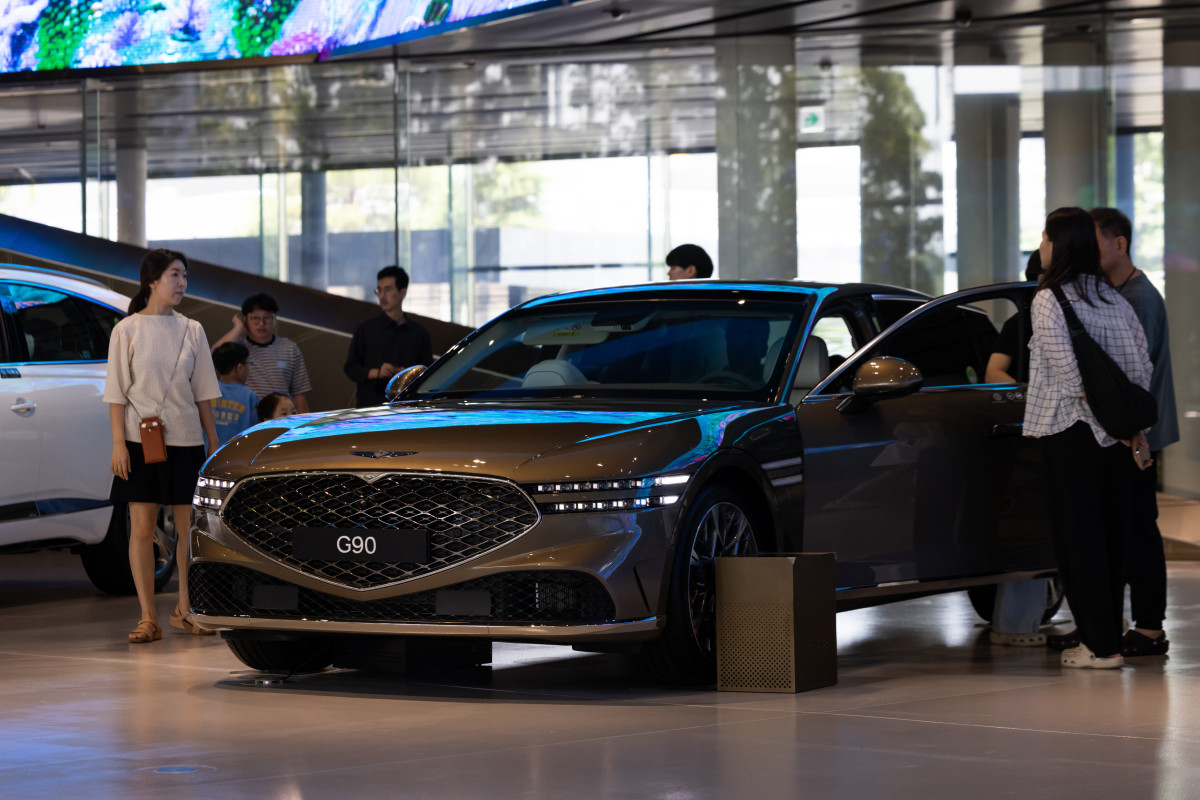
After a rough year marred by negative news about how easy its cars were to steal, South Korean automaker Hyundai and its sister brand Kia have been recovering from their negative reputation and moving towards their greater goals of automotive innovation.
So far this year, its parent company, Hyundai Motor Corp., has announced plans for revolutionary extended-range electric vehicle technology, developed an electric car that can keep up with contemporary, expensive sports cars, and even the Kia brand has announced the development of an EV that aims for a price tag of less than $30,000.
💰💸 Don’t miss the move: SIGN UP for TheStreet’s FREE Daily newsletter 💰💸
Hyundai is even working with other manufacturers to help advance its work. Recently, it announced that it signed a nonbinding memorandum of understanding with American competitor General Motors to help advance the development of key automotive technologies.
However, given President-elect Trump's anticipated upcoming political actions, experts say the company should prepare for a situation that might affect its bottom line.

Hyundai's Genesis problem
Despite being headquartered in South Korea, Hyundai and Kia make many of their American vehicles in the United States in factories around the South, including Hyundai's giant plant in Alabama and Kia's facility in West Point, Georgia.
Though many of its vehicles sold in the United States are manufactured in American plants, one popular Hyundai Motor brand is in a completely different situation.
While popular with Americans, the bulk of cars sold by Hyundai's luxury-oriented Genesis brand are made anywhere but America. As of the 2024 model year, the brand's GV70 SUV, including the Electrified GV70 electric SUV, is the first and only model to be made outside South Korea, as it shares factory space with its Hyundai brandmates at the Hyundai Motor Manufacturing facility in Montgomery, Alabama.
According to a report by The Korea Times, industry experts in the country warn that the Genesis brand could be a liability for the brand if the President-Elect comes around to implement tariffs on imported goods.
More Automotive:
- Mazda’s budget-friendly EZ-6 EV starts at under $20,— but will it leave China?
- These parents shun Uber for Waymo for a built-in safety feature
- Distressed luxury sportscar maker files Chapter 11 bankruptcy
They note that even as Hyundai Motor and Kia have made a concerted effort to increase vehicle production in the States, the Genesis brand faces a huge tariff risk because it is not as simple as just "moving" or "shifting" production from a South Korean facility to an American one.
Simply said, the factories that make Genesis vehicles in South Korea are represented by a powerful trade labor union where, as part of their terms, the plant will need to seek a consensus vote among its union workers if the Hyundai Motor Group were to move production to a facility in the United States.
In remarks to The Korea Times, Daedeok University Automotive engineering professor Lee Ho-geun noted that the unionized workforce should act in the company's best interest, as it would ensure future growth for the firm.
"Given the carmaker's strong earnings reliance on exports, its union is urged to comply with any possible request from the management over the agenda," Lee said.
Related: BMW CEO offers bold auto forecast after Trump's election win
Genesis' competitors, which include legendary German luxury automakers like BMW and Mercedes, have one advantage Genesis doesn't: American facilities. Mercedes' Alabama plant pumps out many of the brand's popular SUVs and crossovers, including the GLE, GLE Coupe, GLS, EQE SUV, and EQS models.
In addition, BMW has reassured the public that it will be comfortable during a Trump presidency, as the factory that makes its popular SUVs, such as the X3, X4, X5, X6, X7, and XM, is located in Spartanburg, South Carolina.
After the election, BMW CEO Oliver Zipse noted that BMW may have "more of an advantage" if Trump enacts his tariffs "because we have a very, very large footprint in the USA."
"In this respect, we shouldn't be too nervous about what might happen," Zipse said, adding that two-thirds of BMW's U.S. sales are vehicles produced at Spartanburg.
Meanwhile, South Korean auto industry experts warn that Korean automakers, including Genesis, will lose their price advantage unless they get serious about minimizing the tariff risks.
"Under any scenarios, the carmakers will be seriously affected after the inauguration of Trump," an unnamed auto industry official told The Korea Times. "As prices are the most critical part in determining auto sales, Genesis and two other carmakers from Hyundai Motor Group will be under growing dilemma at a crucial time when they enjoy healthy growth in the U.S."
Related: Veteran fund manager sees world of pain coming for stocks







